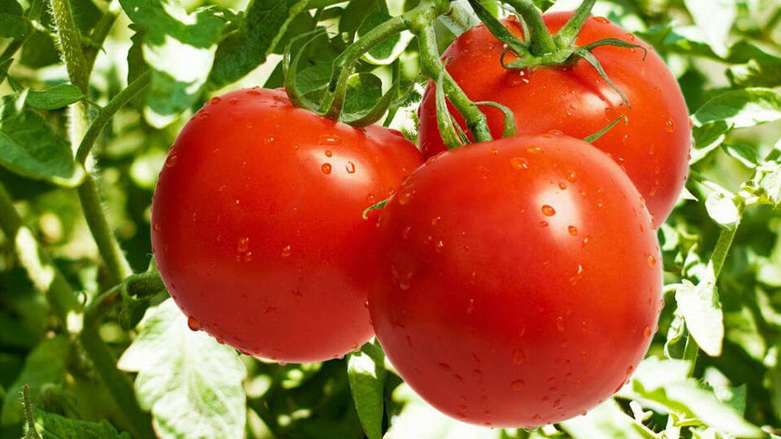Iraq to temporarily allow tomato, cucumber imports amid rising prices
"Through our follow-up of local markets, it was found that there was an increase in the prices of tomatoes and cucumbers, which indicates the scarcity of their local production."

ERBIL (Kurdistan 24) – Iraq's Minister of Agriculture Muhammad Karim al-Khafaji said on Friday he would order a halt on import bans on tomatoes and cucumbers as local production struggles to meet domestic demand.
The initial bans were protectionist measures meant to spur domestic production of multiple crops that have recently fallen short of demand, leading to a sharp increase in prices.
"Through our follow-up of local markets, it was found that there was an increase in the prices of tomatoes and cucumbers, which indicates the scarcity of their local production," Khafaji said in a statement.
The ministry would, he added, allow imports of "regulated quantities of tomato and cucumber crops for a limited period to meet daily consumption...and stabilize their prices...until their local production is available."
Balancing support for both local agriculture and the domestic economy with providing enough food for the general public has often proven tricky for Iraqi officials.
In May, the autonomous Kurdistan Region announced plans to support the growth of greenhouses, to develop infrastructure on farming and other food production, and increase tariffs charged on imported agricultural goods as part of efforts to make the federal region increasingly self-sustainable.
Read More: Kurdistan Region to boost agriculture for increased self-sustainability
Aside from the obvious economic advantages of boosting local agriculture, it also is a key prerequisite to becoming as “food independent” as possible. It is an issue that has emerged in the minds of many after seeing the effects of both the coronavirus and shortages that resulted from embargoes Baghdad imposed on the autonomous region after its independence referendum of late 2017.
Over the past few years, local farmers have called on the KRG to block the significant flow of foreign products that are already produced or grown domestically, lowering market prices to the point where it is difficult for them to make a living.
Editing by John J. Catherine